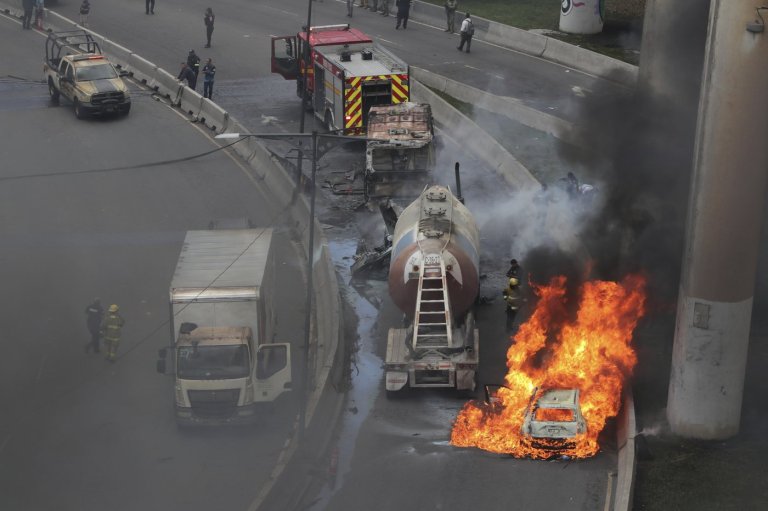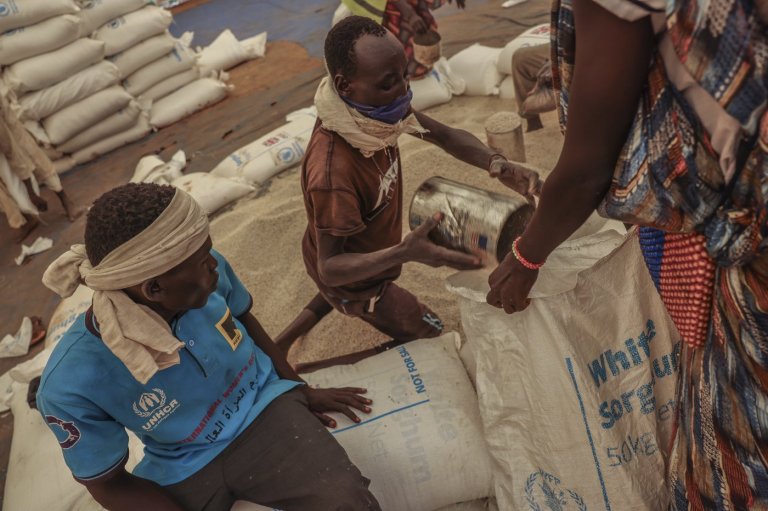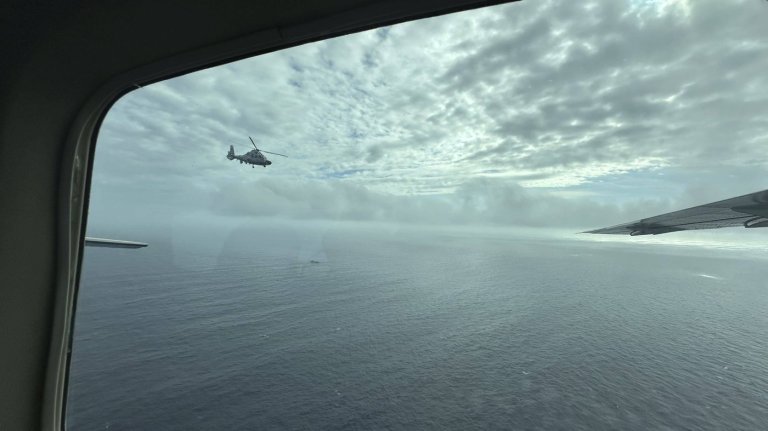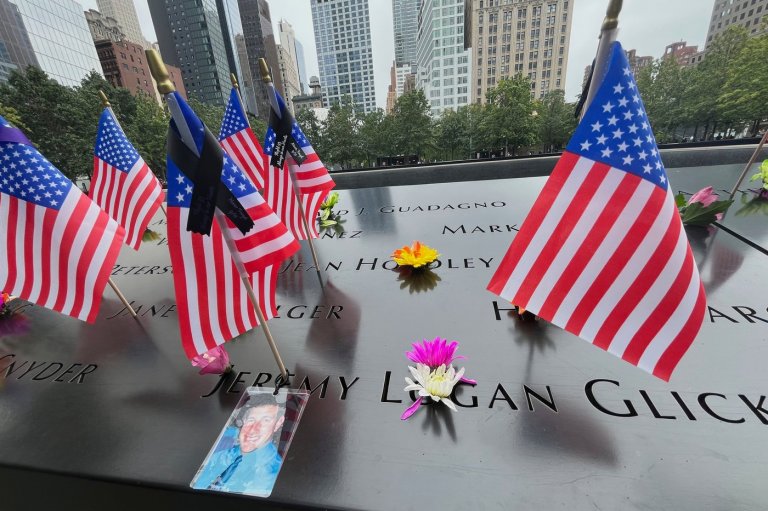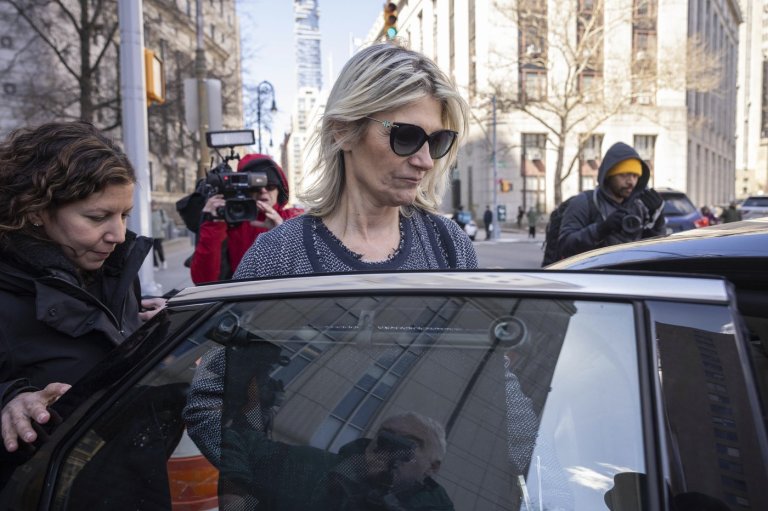Powerful Cannes film ‘Mediterranea’ humanizes struggle of would-be migrants braving the sea
CANNES, France – It may be the most topical film at Cannes — but “Mediterranea” — a searing account of a desperate African migrant who travels by boat from Burkina Faso to Italy — is not just pulled from the headlines.
It’s been years in the making and is based on a true story.
First time director Jonas Carpignano — who’s half African-American, half-Italian — evoked the real-life experiences of his roommate and lead actor in the film, Koudous Seihon.
Seihon witnessed shootings, race riots, violence and faced near-constant discrimination after he took the perilous trip by foot, car, bus and boat to southern Italy as a 20-year-old father seeking to support his family.
Despite its small 1 million-euro ($1.1 million) budget, Carpignano’s film, which was screened at the Critics Week, has already garnered great attention for its highly personal portrayal of Europe’s great migrant crisis.
“We’re constantly bombarded and desensitized (about migrants). That’s why I wanted to make a film about this, to give people something to latch on to,” Carpignano said. “It doesn’t help to constantly group immigrants as just migrants coming over. There has to be more of a personal angle.”
The film’s power comes from its documentary-style shooting and from the charismatic Seihon, who plays the enigmatic character of Ayiva with understated grace.
“The idea of the film was to let people in through one specific character, through Ayiva,” the director explained. “He’s never pathetic and (he’s) strong, despite having nothing. I hope the audience finds him charismatic and charming — which I of course do, as he’s my friend.”
Ayiva manages to keep our sympathies as an essentially innocent man fighting to survive in a racist, hostile community. The character puts a human face on stories like last month’s tragedy, where a boat off the Italian island of Lampedusa capsized, drowning an estimated 800 migrants.
Carpignano said he hopes the film moves the conversation from tragedies on the sea to the equally important issue of what happens to migrants once they have reached Europe.
“There needs to be a lot more attention to what happens afterward. … This is not a fleeting thing. It’s changing communities,” said Carpignano. “This is not going away.”
___
Thomas Adamson can be followed at Twitter.com/ThomasAdamsonAP
Join the Conversation!
Want to share your thoughts, add context, or connect with others in your community?
You must be logged in to post a comment.













